Teach your students about the beginning, middle and end of a story with this mini-book retell of The Three Little Pigs.
Identify the Beginning, Middle and End of a Story
Sometimes it can be challenging to find simple, short texts to use when teaching basic narrative structure to young students. We understand this, and we are here to help!
This mini-book has been designed to introduce your little learners to the most basic elements of narrative structure – the beginning, the middle and the end of a story – using a familiar text.
After reading a simple retell of the well-known fairy tale, The Three Little Pigs, students will cut and paste the beginning, middle and end of the story into the boxes provided.
The mini-book provides two options for the cut-and-paste activity.
- The beginning, middle and end of the story are depicted using images only. This option is recommended for students who are still in the very early stages of their reading journey and may not possess the necessary decoding skills for reading sentences.
- The beginning, middle and end of the story are depicted using both words and images. This option is recommended for students who may already have some sound decoding skills under their belts, and can confidently read simple sentences.
Choose the option that best meets the learning needs of your class, or provide different options to individual students based on their reading ability.
Looking for a third differentiation option for your most confident students? Why not have them draw (or write and draw) the beginning, middle and end of the story completely independently, rather than cutting and pasting the images provided?
How to Create This Three Little Pigs Mini-Book
This resource download contains five pages. The first four pages should be used to create mini-books for each student. (Note: Page 4 contains the differentiated options as explained above – you will need to choose which of these to include). The last page contains the cut-and-paste beginning, middle and end differentiated options which will need to be distributed to the students according to their learning needs.
To assemble the mini-book, follow these simple steps.
- Print out the resource. Create copies as required.
- Cut each page along the dotted line.
- Compile the pages in order. DO NOT include the last page as this will be provided to the students after they have read the story.
- Staple the pages along the left-side margin to create a booklet.
- Distribute to the students.
- After reading, distribute the cut-and-paste pages. Students cut out the beginning, middle and end to paste into their mini-books.
Download to Get Started!
Use the dropdown arrow next to the Download button to choose between the editable Google Slides file or the easy-print PDF.
This resource was created by Kendall Britnell, a Teach Starter collaborator.
Looking for more resources to teach your students about narrative features? Browse some of our suggestions below!
[resource:4925026] [resource:4929856] [resource:4933995]
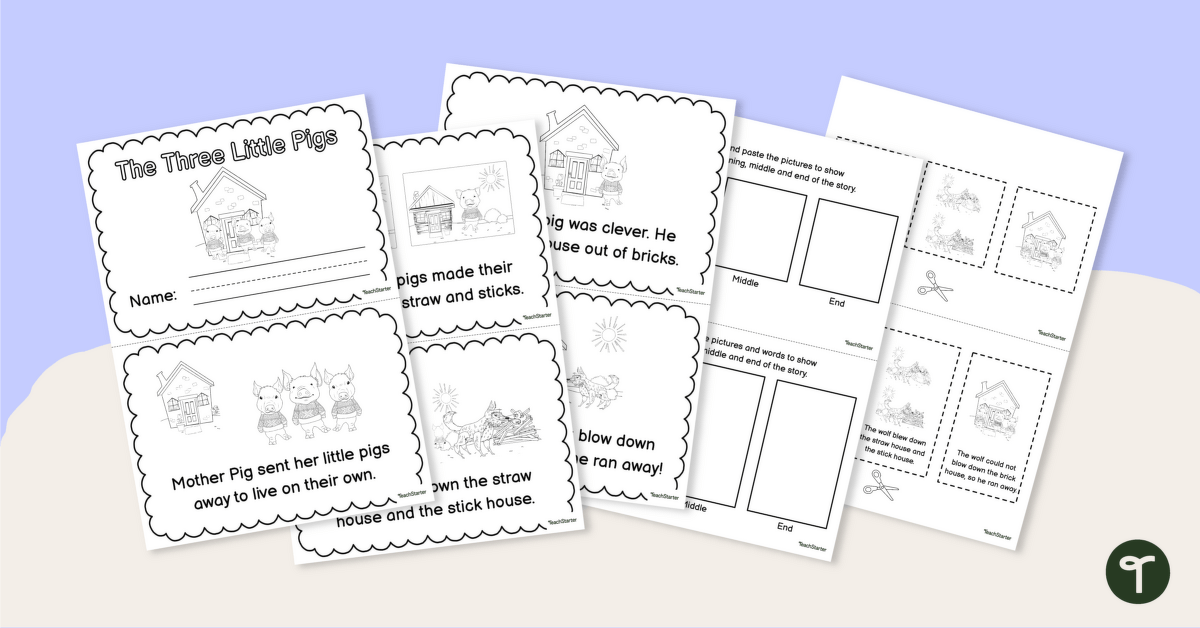

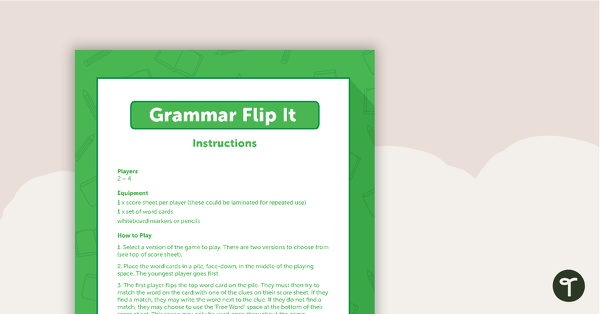
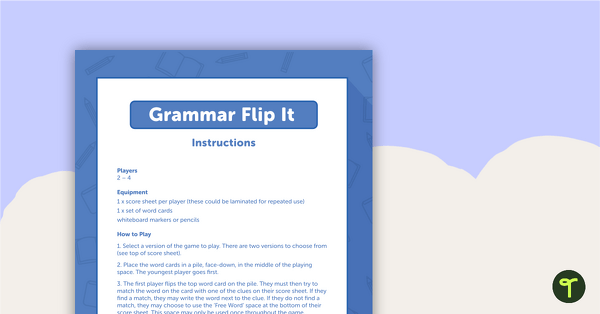
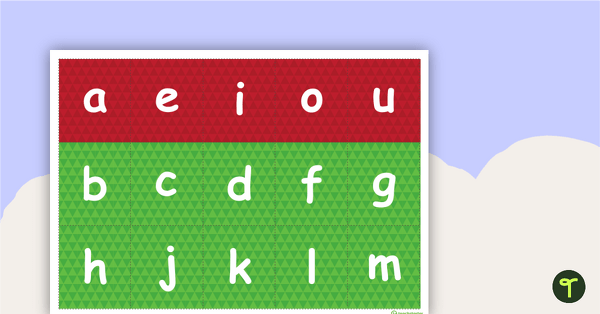
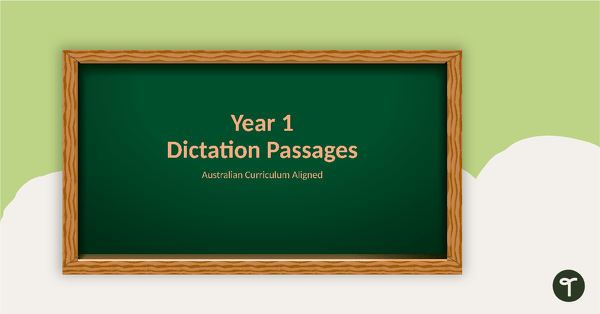
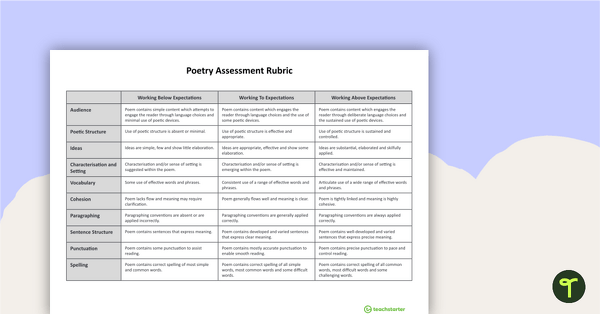
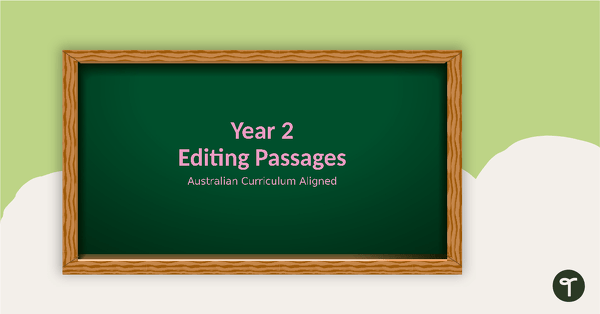
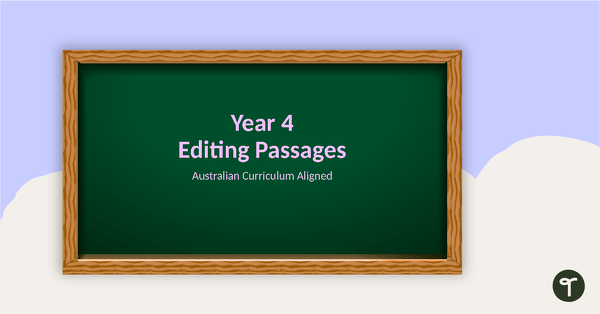
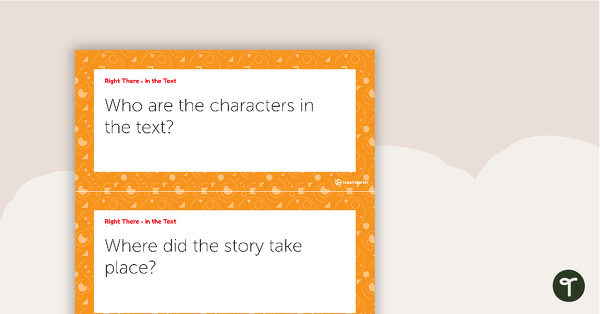
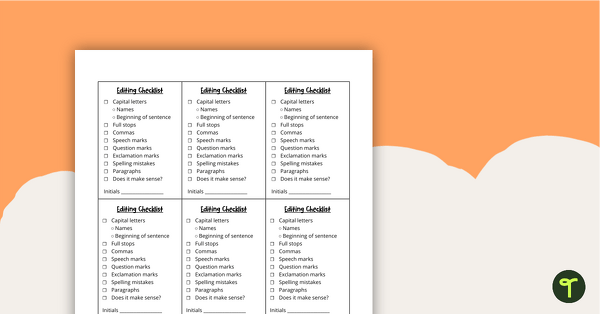
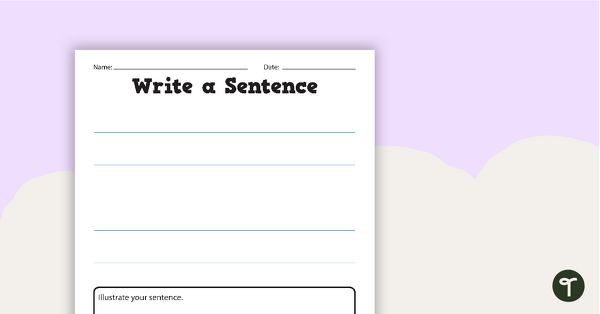
0 Comments
Write a review to help other teachers and parents like yourself. If you'd like to request a change to this resource, or report an error, select the corresponding tab above.